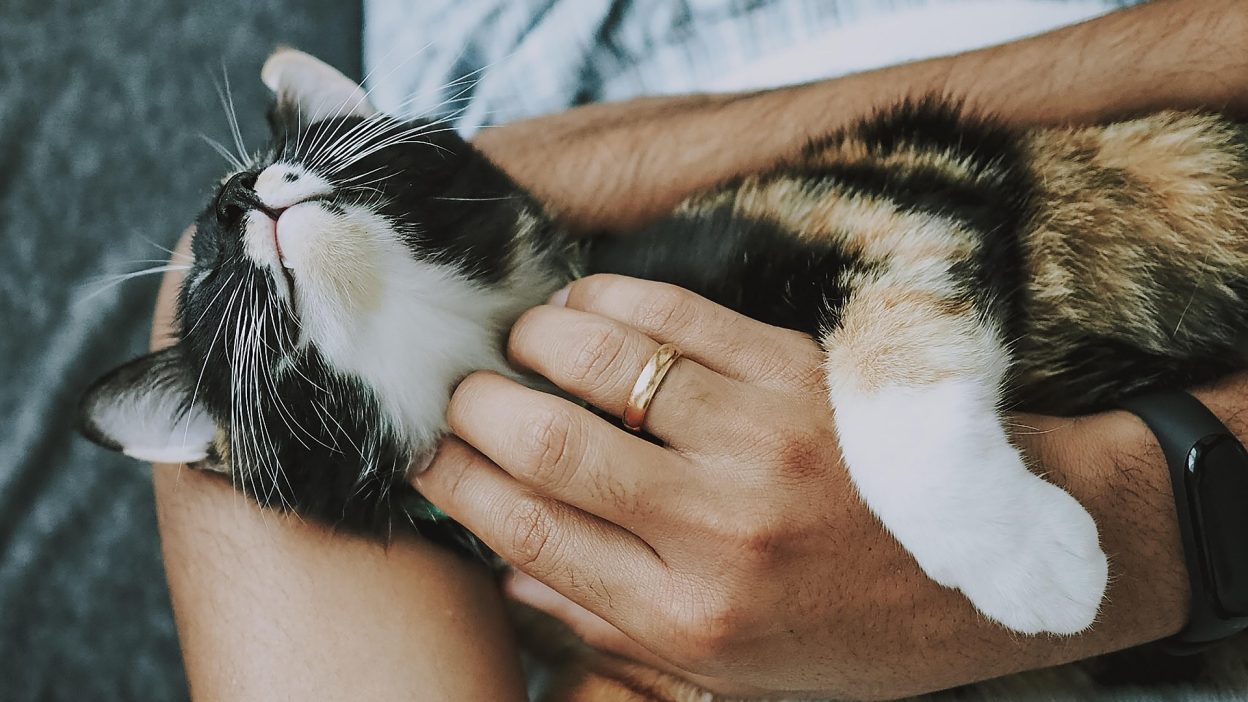Pets can’t tell us when something’s wrong, but their behaviour speaks volumes.
Our pets are more than companions; they’re family. Research even shows that owning a pet can increase your lifespan, with dog ownership reducing the risk of a major heart attack by 3%. But while pets do so much to improve our lives, they rely on us to look after theirs. Since they can’t tell us when they’re in pain or feeling unwell, paying attention to changes in their behaviour is vital. Here are 10 critical signs your pet might be crying out for help—and what you should do about it.
1. Persistent Coughing or Sneezing
Coughing can be a sign of kennel cough, a common yet highly contagious condition in dogs. While it often resolves on its own, it’s particularly dangerous for puppies, kittens, and breeds with pushed-in faces like pugs or Persian cats due to their compromised breathing.
On the other hand, persistent coughing or sneezing lasting more than two weeks could signal serious conditions such as:
Heart or lung disease
Bronchitis or pneumonia
Heartworm or tracheal collapse
2. Vomiting
Pets can vomit occasionally due to overeating, eating too fast, or gastrointestinal upset. However, frequent vomiting could indicate:
- Pancreatitis
- Kidney disease
- Parasitic infections
In cats, hairballs are common, but vomiting more than once a month warrants a vet visit. Blood in vomit or excessive vomiting is a red flag—your pet may have swallowed a sharp object or developed a life-threatening condition.
3. Abnormal Swelling or Bloated Abdomen
If your pet’s belly looks swollen, it could be due to overeating, but it might also point to severe issues such as:
- Gastric Dilatation-Volvulus (GDV): A life-threatening condition, particularly in large, deep-chested dog breeds like Great Danes and Saint Bernards.
- Internal bleeding or hormonal imbalance: Swelling could put pressure on their chest, making breathing difficult.
Pets with bloating or abnormal swelling should be taken to the vet immediately.
4. Lethargy or Sudden Weakness
If your typically energetic pet becomes unusually inactive or weak, it could be a sign of infections, diabetes, hypoglycaemia, or anaemia. Keep an eye on their overall activity and energy levels.
5. Restlessness or Anxiety
Unexplained pacing, whining, or shaking could indicate your pet feels unwell. This restlessness may point to conditions such as:
- Cushing’s disease or heart problems
- Rabies or mange
- Theobromine poisoning from chocolate ingestion
6. Unexplained Weight Loss
If your pet has lost 10% or more of its body weight, this could signal serious illnesses such as metabolic disorders, kidney disease, or cancer. Contrary to popular belief, weight loss in older pets isn’t normal and should always be checked by a vet.
7. Excessive Licking or Grooming
Pets often lick themselves to relieve pain or itching caused by:
- Fleas, allergies, or gastrointestinal problems in dogs
- Anxiety, boredom, or OCD in cats, especially indoor ones
Changes in the environment, such as a new baby or pet, can trigger stress-related grooming in cats. Regular licking of the same spot may indicate a health issue requiring vet attention.
8. Changes in Urination Patterns
Frequent urination can signal:
- Diabetes: Often accompanied by excessive thirst.
- Kidney or liver disease: A serious concern in both dogs and cats.
On the flip side, reduced urination or straining could be due to bladder stones or urinary tract infections. Male cats, in particular, are prone to bladder blockages, which can become fatal within 24 hours if untreated.
9. Hair Loss and Scratching
Bald spots around the ears or constant scratching can indicate:
- Fleas, ticks, or mites
- Endocrine disorders or fungal infections
Left unchecked, these conditions can lead to more severe problems. Seek veterinary advice to identify the cause.
10. Loss of Appetite A healthy pet won’t refuse meals. If your pet hasn’t eaten for over 24 hours, it could be a sign of stress, fever, or underlying illness. Cats, in particular, are vulnerable to a condition called fatty liver, which can be fatal if untreated. Any prolonged loss of appetite is a reason to see your vet.




